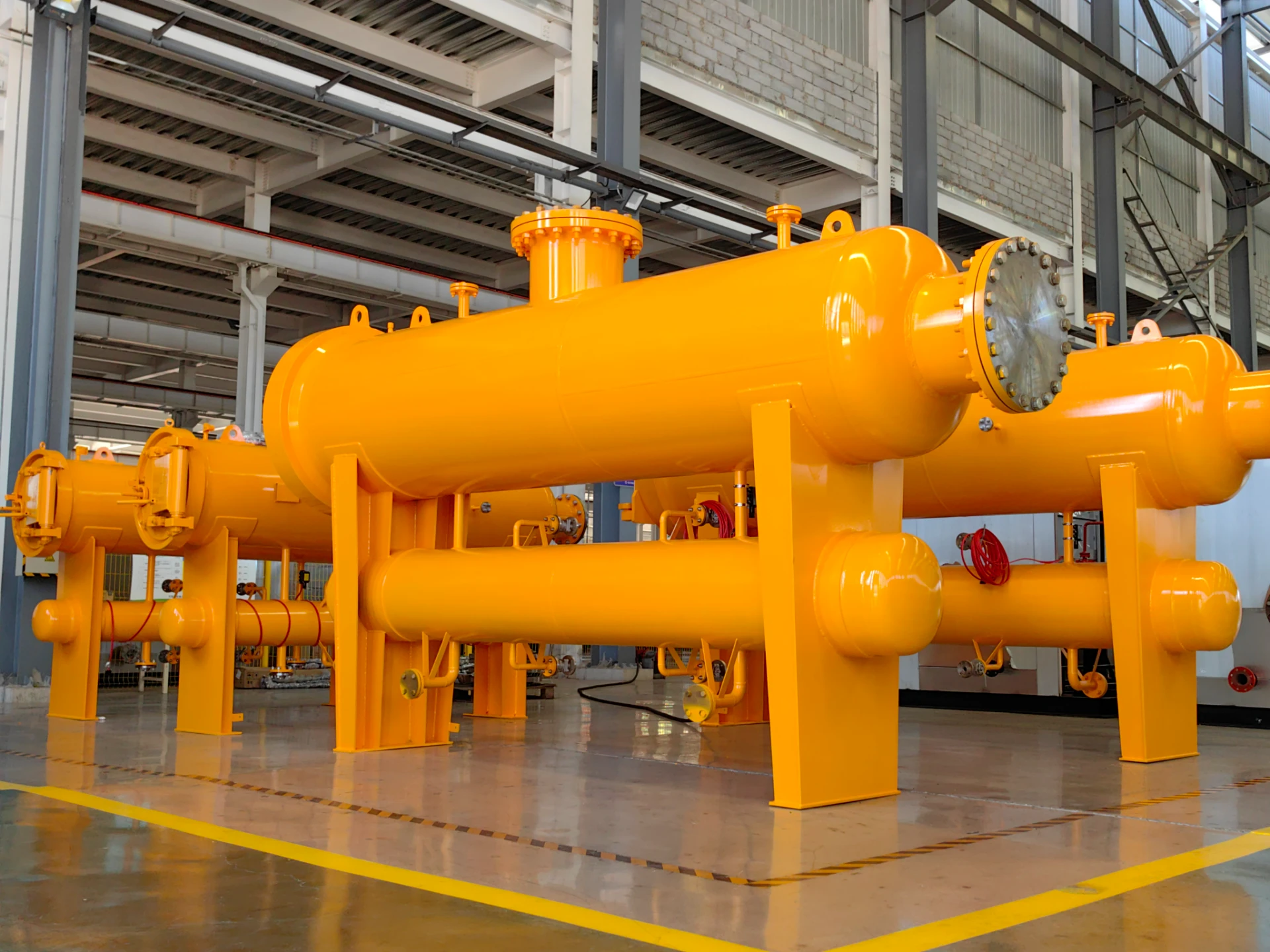
Dec . 29, 2024 22:28
Back to list
Understanding Pressure Pipes and Their Applications in Various Industries
The Importance of Pressure Pipes in Modern Infrastructure
In the realm of modern infrastructure, pressure pipes play a crucial role in the efficient delivery of water, gas, and other fluids. These pipes are designed to withstand significant internal pressure, making them essential for a variety of applications ranging from municipal water supply systems to industrial processes. This article explores the significance of pressure pipes, their types, applications, and the materials used in their construction.
Understanding Pressure Pipes
Pressure pipes are engineered specifically to carry fluids under pressure. Unlike gravity-fed systems that rely on the force of gravity for fluid movement, pressure pipes utilize pumps or compressors to maintain the flow of liquids and gases. This capability allows for the transportation of fluids over long distances and the elevation of fluids to higher elevations, which is critical in urban and rural planning.
One of the key characteristics of pressure pipes is their ability to handle varying degrees of pressure, often measured in psi (pounds per square inch). These pipes are designed according to standards that specify the maximum allowable pressure they can sustain, ensuring safe and reliable operation.
Types of Pressure Pipes
Pressure pipes come in various types, each serving distinct purposes
1. Polyvinyl Chloride (PVC) Pipes Widely used in municipal water systems, PVC pipes are lightweight, corrosion-resistant, and easy to install. They can handle varying pressure levels depending on their thickness and diameter.
2. High-Density Polyethylene (HDPE) Pipes Known for their durability and flexibility, HDPE pipes are commonly used in applications like gas distribution, irrigation, and sewer systems. They resist cracking and can withstand significant pressure changes.
3. Steel Pipes Steel is often used in high-pressure applications due to its strength and ability to handle extreme pressures. However, steel pipes are heavier and more expensive than plastic options. They are typically used in oil and gas pipelines, as well as in industrial infrastructures.
pressure pipe

4. Ductile Iron Pipes These pipes are renowned for their strength and durability. Ductile iron pipes are often employed in water distribution systems, providing a robust solution for handling high pressure.
Applications of Pressure Pipes
The applications of pressure pipes are vast and varied. In municipal systems, pressure pipes are critical for delivering potable water to homes and businesses. They also play a significant role in sewage systems, where maintaining pressure helps in the efficient transportation of waste.
In industrial settings, these pipes are essential for transporting chemicals, oil, and gas. The oil and gas industry, in particular, relies on pressure pipes to facilitate the movement of energy resources from extraction sites to processing facilities and refineries.
Additionally, pressure pipes are crucial in agricultural applications, such as irrigation systems. They help farmers efficiently transport water to crops, enhancing productivity and resource management.
Material Selection and Longevity
The choice of material for pressure pipes is paramount to their longevity and effectiveness. Factors such as the type of fluid being transported, temperature, and environmental conditions influence material selection. For instance, corrosive substances require materials with enhanced resistance, while temperature extremes necessitate materials that can withstand thermal expansion and contraction.
Modern advancements in pipe manufacturing have led to the development of composite materials that offer high resistance to corrosion and degradation, further extending the lifespan of pressure pipes.
Conclusion
Pressure pipes are indispensable to the functioning of contemporary society. Their roles in water supply, sewage systems, and industrial processes highlight their importance in economic and environmental sustainability. As technology continues to evolve, so too will the materials and designs used in pressure pipe construction, ensuring their efficacy and reliability for future generations. Whether in urban infrastructure or rural agriculture, the need for robust pressure pipes remains a key consideration for engineers and planners alike.
Next:
Latest news
-
Safety Valve Spring-Loaded Design Overpressure ProtectionNewsJul.25,2025
-
Precision Voltage Regulator AC5 Accuracy Grade PerformanceNewsJul.25,2025
-
Natural Gas Pressure Regulating Skid Industrial Pipeline ApplicationsNewsJul.25,2025
-
Natural Gas Filter Stainless Steel Mesh Element DesignNewsJul.25,2025
-
Gas Pressure Regulator Valve Direct-Acting Spring-Loaded DesignNewsJul.25,2025
-
Decompression Equipment Multi-Stage Heat Exchange System DesignNewsJul.25,2025

